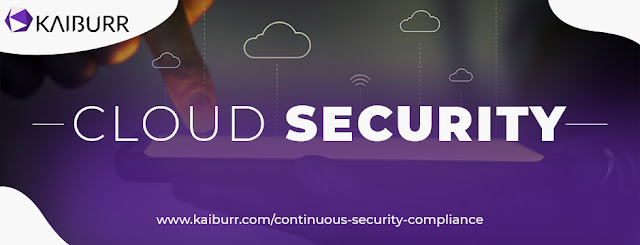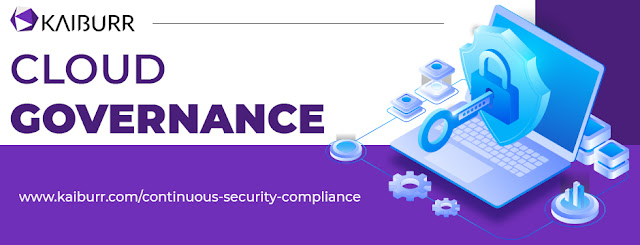With nearly every organization relying on some form of cloud network and database, cloud security has never been more critical; here are the top reasons why. With 96 percent of all businesses in the United States using cloud computing in some form, it's evident that this technology has exploded in popularity in recent years. Cloud computing enables businesses of all sizes to function at scale, save
capital costs, and manage their IT infrastructure.
However, going to the cloud comes with its own set of security concerns. Let's look at why cloud security is crucial for all organizations.
Guard Against Security Breaches
Because you no longer have complete control over your data on the cloud, data security is critical. You're putting your confidence in a third party if you opt to operate your apps on a public or hybrid cloud, for example. This means you'll need to remain on top of things and make sure your cloud computing supplier is aware of your obligations. While it is in the provider's best interest to provide top-notch security for long-term business prospects, you, as the client, must also go above and above.
Manage Remote Work
The sheer accessibility of data is one of the advantages of Cloud Governance computing. Employees may access your important apps from anywhere in the world. As a result, flexible work arrangements and the ability to recruit people from all over the world are possible. The disadvantage of this structure is that staff may fail to follow cybersecurity best practices. According to Symantec's Internet Security Danger Report, new malware types for mobile devices surged by 54% in 2017, indicating that this is a serious threat. It will be difficult to control the harm if a dangerous virus infects your system.
Ensure Disaster Recovery
A robust disaster recovery plan is one of the foundations of business continuity planning. Whether it's due to fire, flooding, or other natural disasters, disaster can strike at any time. This has the potential to wipe away all of your data. You might be at risk of coming to a complete halt unless you've properly secured and safeguarded your data. That's the last thing your consumers want to hear, and the resulting loss of trust might be the end of your company.
Comply With Regulations
HIPAA and GDPR are two examples of data protection regulations that organizations must adhere to or face regulatory repercussions. These guidelines were created to safeguard the integrity and Continuous Security of consumer information. You’ll have to account for the regulator if client data housed in the cloud is hacked. You can't just blame a third-party seller and expect little or no repercussions.
Eliminate Weak Links and Build Access levels
40% of companies that use cloud storage have unintentionally released data to the public. This had jeopardized their business ethics and given their competitors an advantage. These data breaches weren't caused by nefarious intent; rather, they were caused by weak security methods. Enforcing access restrictions on employees by restricting data access to those who need it is one of the greatest cloud security practices. This makes it far more difficult for hackers to break in and prevents data leaks due to human mistakes.
Kaiburr provides a user-friendly interface for configuring and implementing Continuous Security and Continuous Compliance policies. Kaiburr also monitors the compliance controls to ensure that they are not drifting. Kaiburr constantly monitors the cloud infrastructure for security and compliance rules changes and notifies and remediates as needed. Now is the time to visit and learn more!





.jpg)




0 Comments